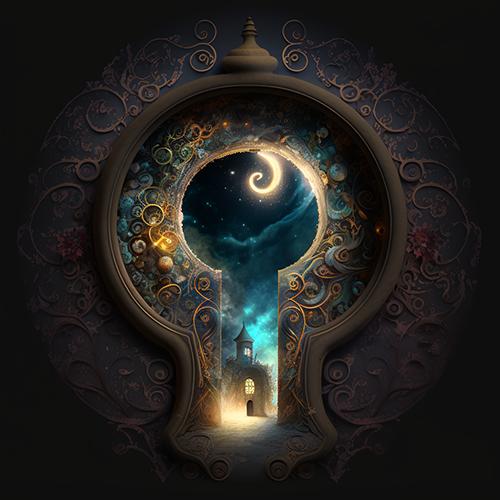
To fully appreciate the term’s depth, we must first look to its origins.
“Heathen” paints a picture of early European societies, ones that thrived before the spread of Christianity. These cultures were rich in myths, deities, and spiritual practices that spanned across a tapestry of gods and goddesses, ancestor spirits, and revered natural sites.
Unlike the monotheistic path that Christianity paved, these beliefs were inherently polytheistic, celebrating a plethora of gods and goddesses, each governing different aspects of nature, human endeavors, and the cosmos.

Heathen vs. Pagan: Synonymous?
In the past, many writers wrote that “Heathen” is virtually synonymous with “Pagan.” Both terms have been used, historically and in modern contexts, to describe those who follow old, polytheistic religions.
Yet, in today’s spiritual landscape, these terms have evolved. Many self-identify as Heathens or Pagans, not as a rejection of Christianity per se, but as a way to connect with pre-Christian, earth-centered, or nature-based spiritual paths.
This resurgence and redefinition reflect a desire to reconnect with ancient traditions, emphasizing respect for nature, the cycle of the seasons, and the ancestral heritage.

Ancestor Spirits and Idols
An integral aspect of heathenry, is the veneration of ancestor spirits and idols. This practice underscores a profound connection with one’s lineage and the natural world.
Ancestor veneration is rooted in the belief that the spirits of the deceased continue to influence the living, offering guidance, protection, and wisdom.
Similarly, idols or sacred objects serve as physical manifestations of the divine, connecting the material world with the spiritual realm.

Heathenry Today
Modern Heathens draw inspiration from historical practices, yet adapt them to contemporary life.
Communities and solitary practitioners alike celebrate old festivals, engage in rituals honoring gods and ancestors, and often advocate for environmental preservation.
This modern adaptation underscores heathenry’s fluidity and its capacity to provide spiritual fulfillment and a sense of belonging in an increasingly disconnected world.

